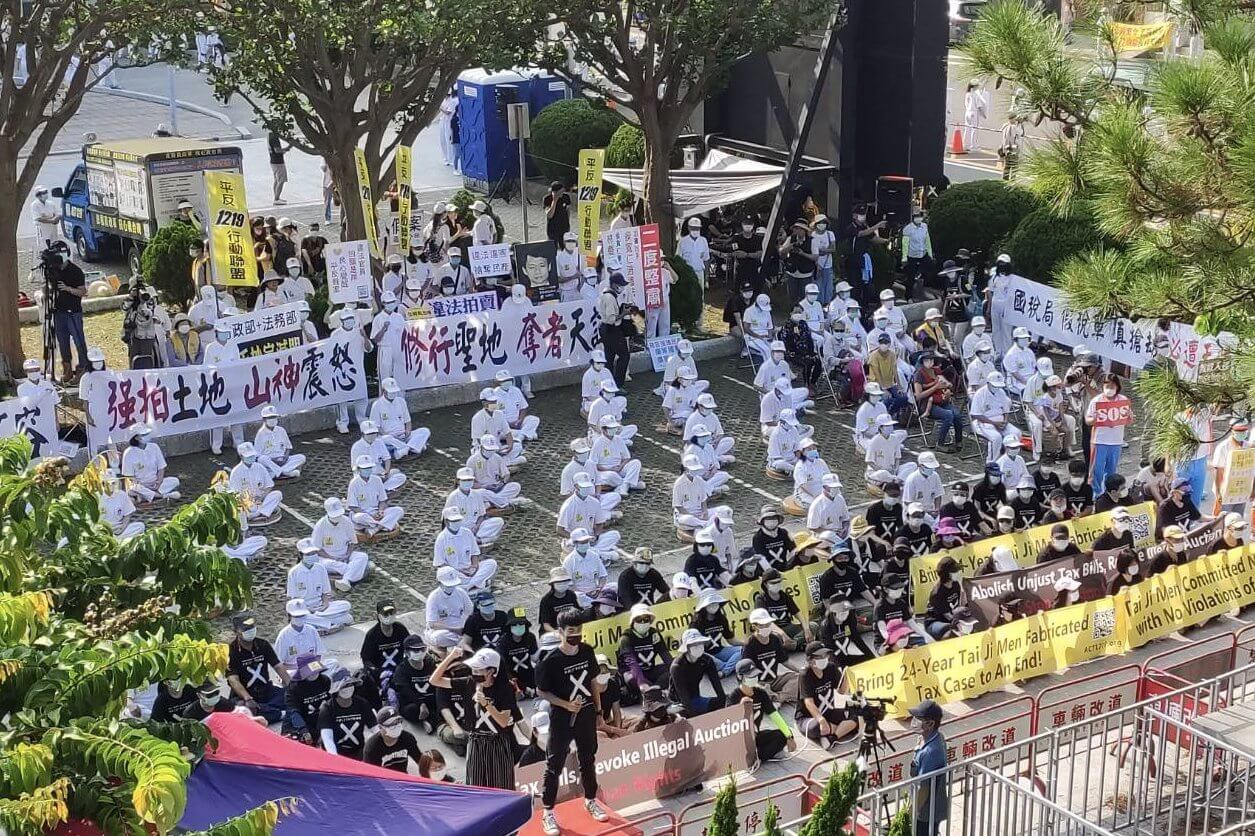INDIANAPOLIS – Lilly Endowment Inc. has awarded 18 grants to museums and other cultural institutions across the United States to develop exhibitions and education programs that fairly and accurately portray the role of religion in the U.S. and around the world.
Grants totaling more than $43 million will support a range of organizations, from the Boston Museum of Fine Arts to Colonial Williamsburg; from the Smithsonian Institution’s Center for Folklife and Cultural Heritage to the Children’s Museum of Indianapolis. These grants were awarded as part of the Endowment’s Religion and Cultural Institutions Initiative.
“Museums and other cultural institutions are trusted organizations and play an important role in teaching the American public about the world around them,” said Christopher Coble, the Endowment’s vice president for religion. “These organizations will use the grants to help visitors understand and appreciate the significant impact religion has had and continues to have on society in the United States and around the globe. Our hope is that these efforts will promote greater knowledge about and respect for people of diverse religious traditions.”
With one exception, the grants range in amount from $500,000 to $2.5 million. The organizations will use grant funds to develop projects that align with their missions and are appropriate for their constituencies. Many will draw on their extensive collections to mount temporary or permanent exhibitions featuring religious themes. Some will develop exhibitions focused on particular religious traditions or religion in specific historical periods. Others will examine religious themes and practices or explore the diversity of religious life in specific geographic regions. Nearly half of the grants will provide funds for endowments to help organizations create permanent staff positions or ongoing programs focused on religion. Many organizations will use a portion of their grants to enhance digital technologies to allow them to reach audiences virtually.
Among the organizations funded are:
• The Smithsonian Institution’s National Museum of Asian Art (Freer Gallery of Art and Artur M. Sackler Gallery), located in Washington, D.C., which will develop a series of exhibitions that help visitors understand the diversity of pre-modern and contemporary Muslim, Buddhist, Zen and Hindu traditions.
• The National World War I Museum and Memorial, located in Kansas City, which will establish an endowed curator position on faith and religion, strengthen public programming on religion in a time of war and enhance gallery and virtual exhibitions.
• The Field Museum of Natural History in Chicago, which will develop an exhibition that explores universal experiences of mortality alongside distinctive ways that religious beliefs and practices help communities respond to death.
• The Eiteljorg Museum of American Indians and Western Art in Indianapolis, which will establish an endowment to make religion a central component of the museum’s work, incorporate religion into the re-installation of its Native American Gallery, and help with the development and mounting of an exhibition focused on religion and the American West.
A complete list of grants can be found here.
Lilly Endowment launched the Religion and Cultural Institutions Initiative in 2019 when it awarded planning grants totaling nearly $2 million to organizations to help them explore how programming in religion could further their institutional missions. Many organizations used the planning period to examine how religious themes were already present in their collections and design projects that would enhance and complement their current activities. Since the planning activities occurred during COVID-19, many of the organizations experimented with and ultimately proposed increasing their digital capacities to interpret religion and reach additional audiences.
The Religion and Cultural Institutions Initiative builds directly on insights and experiences from previous grants to museums and cultural organizations to mount exhibitions that lift up and explore religious themes. Past grant recipients include the Smithsonian Institution’s National Museum of African American History and Culture, the Smithsonian’s National Museum of American History, the Children’s Museum in Indianapolis, and the International African American Museum located in Charleston, S.C.
Among the current grant recipients, the Smithsonian Institution is receiving a nearly $8 million grant to enable the National Museum of American History to establish its Center for the Public Understanding of Religion in American History and create a dedicated gallery featuring the impact of religion on American history. Through the Center, the Smithsonian also will establish a network for museums and other cultural institutions to learn from and with each other about their work in religion.
Lilly Endowment Inc. is an Indianapolis-based private philanthropic foundation created in 1937 by J.K. Lilly, Sr. and his sons Eli and J.K. Jr. through gifts of stock in their pharmaceutical business, Eli Lilly and Company. Although the gifts of stock remain a financial bedrock of the Endowment, it is a separate entity from the company, with a distinct governing board, staff and location. In keeping with the founders’ wishes, the Endowment supports the causes of community development, education and religion and maintains a special commitment to its founders’ hometown, Indianapolis, and home state, Indiana. The Endowment also funds significant programs throughout the United States, especially in the field of religion. While the primary aim of its grantmaking in religion focuses on strengthening the leadership and vitality of Christian congregations in the United States, the Endowment also seeks to foster public understanding about religion and lift up in fair, accurate and balanced ways the contributions that people of all faiths and diverse religious communities make to our greater civic well-being.
###
Contact
Judith Cebula
[email protected]
(317) 916-7327














